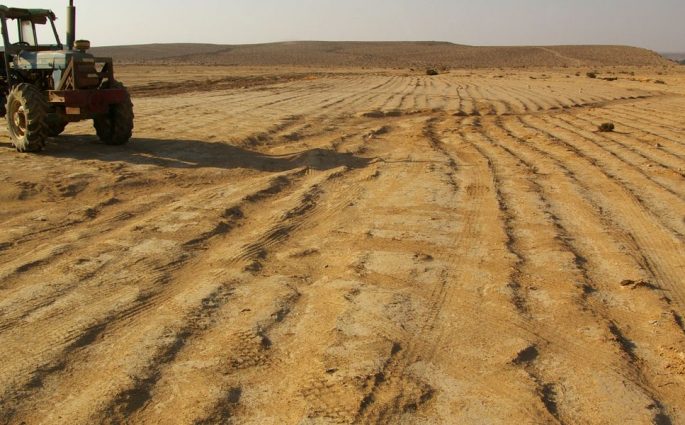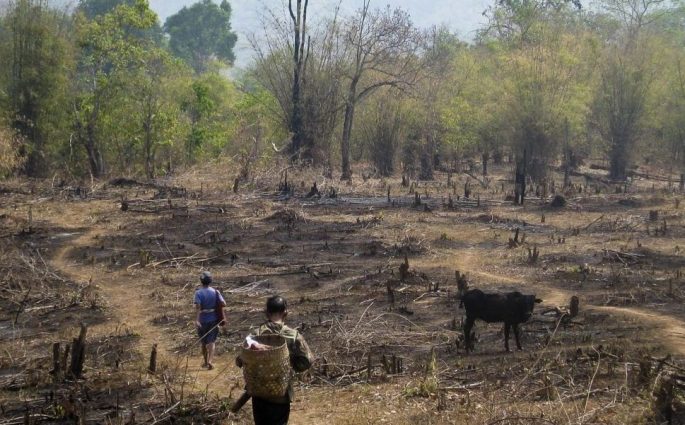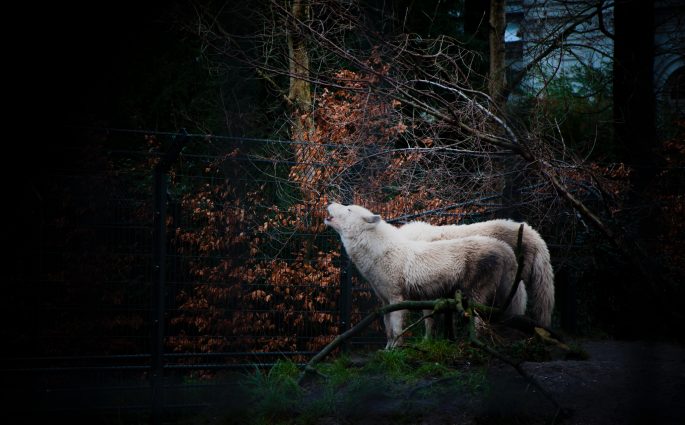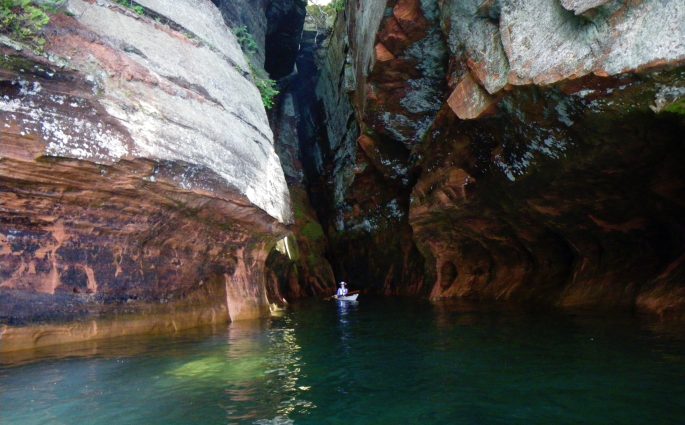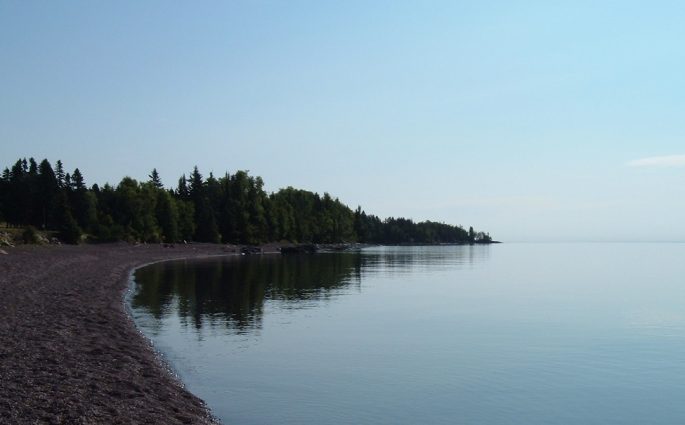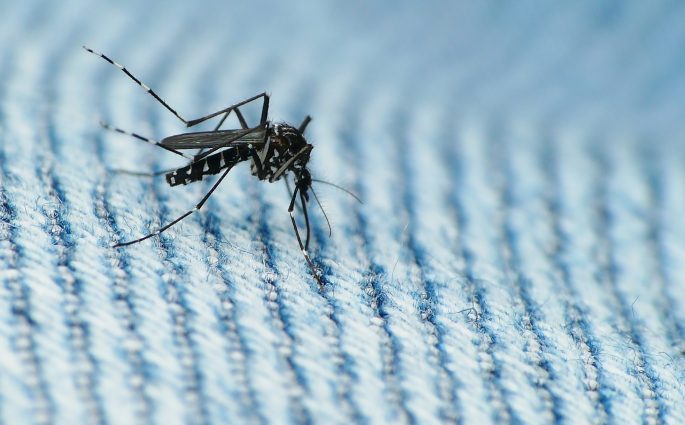Running on Fumes
Dieter Helm— Fast-forward to 2050—almost thirty-five years from now. What will the world look like? How will technology have transformed our daily lives? Will it be a world of robots and artificial intelligence (AI)? Of graphene, fusion, and electric transport? Now rewind—back to 1980. This was still a world of



